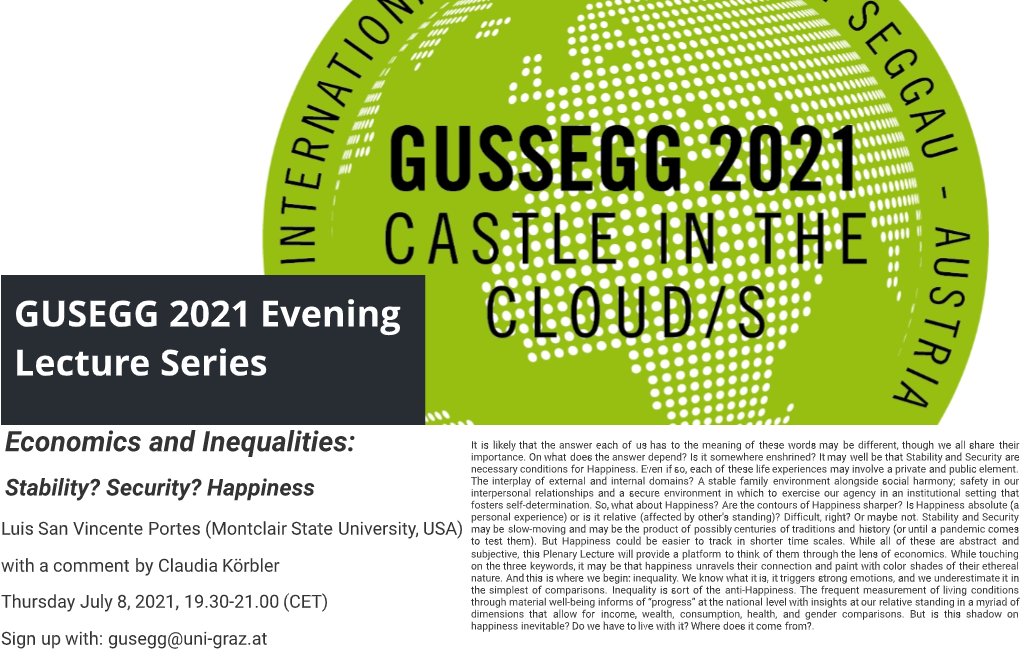It is likely that the answer each of us has to the meaning of these words may be different, though we all share their importance. On what does the answer depend? Is it somewhere enshrined? It may well be that Stability and Security are necessary conditions for Happiness. Even if so, each of these life experiences may involve a private and public element. The interplay of external and internal domains? A stable family environment alongside social harmony; safety in our interpersonal relationships and a secure environment in which to exercise our agency in an institutional setting that fosters self-determination. So, what about Happiness? Are the contours of Happiness sharper? Is Happiness absolute (a personal experience) or is it relative (affected by other’s standing)?
Difficult, right? Or maybe not. Stability and Security may be slow-moving and may be the product of possibly centuries of traditions and history (or until a pandemic comes to test them). But Happiness could be easier to track in shorter time scales. While all of these are abstract and subjective, this Plenary Lecture will provide a platform to think of them through the lens of economics. While touching on the three keywords, it may be that happiness unravels their connection and paint with color shades of their ethereal nature.
And this is where we begin: inequality. We know what it is, it triggers strong emotions, and we underestimate it in the simplest of comparisons. Inequality is sort of the anti-Happiness. The frequent measurement of living conditions through material well-being informs of “progress” at the national level with insights at our relative standing in a myriad of dimensions that allow for income, wealth, consumption, health, and gender comparisons.
But is this shadow on happiness inevitable? Do we have to live with it? Where does it come from?
Thursday, July 8, 2021 / 19:30-21:00 (CEST)
Sign up with gusegg@uni-graz.at
